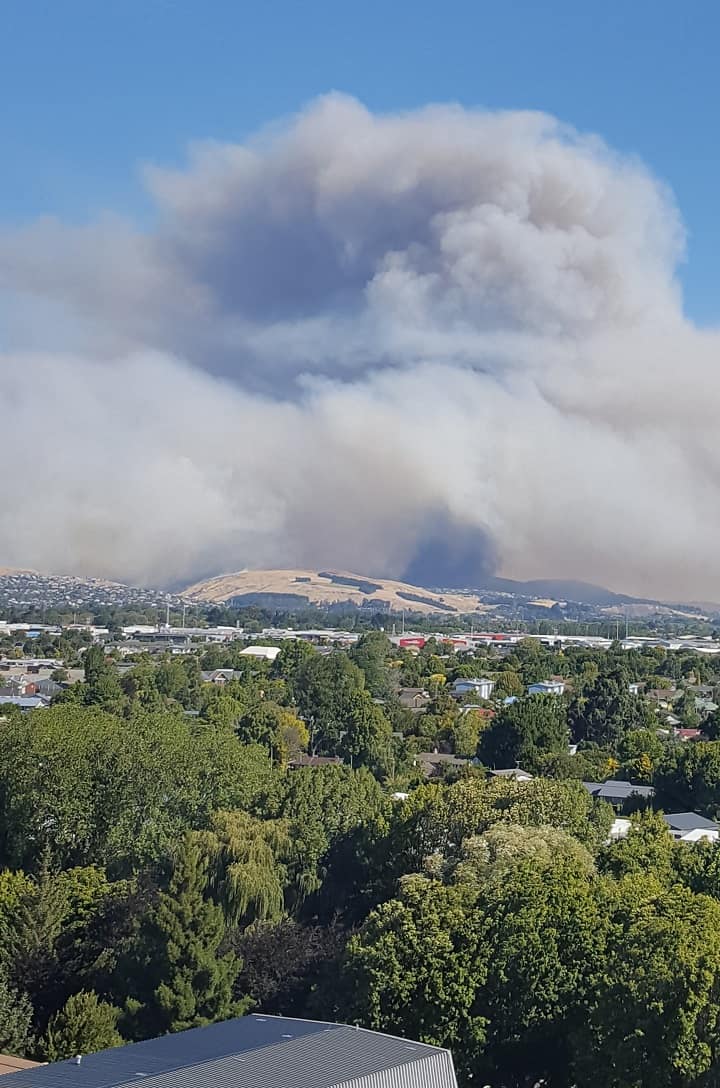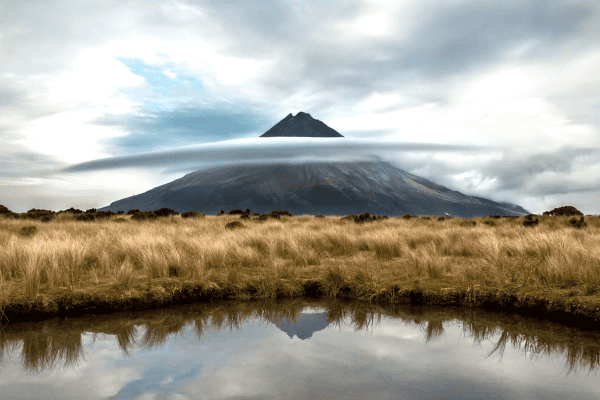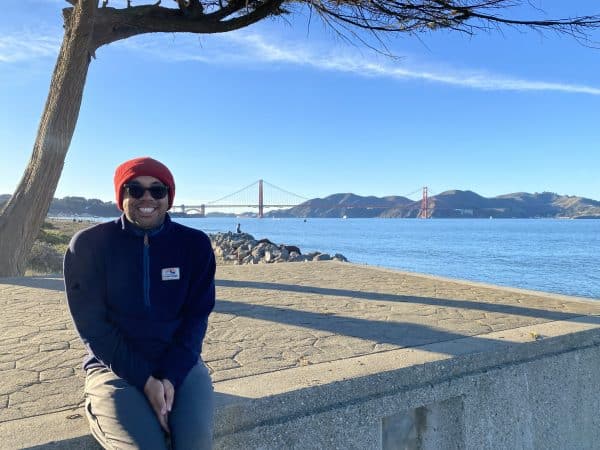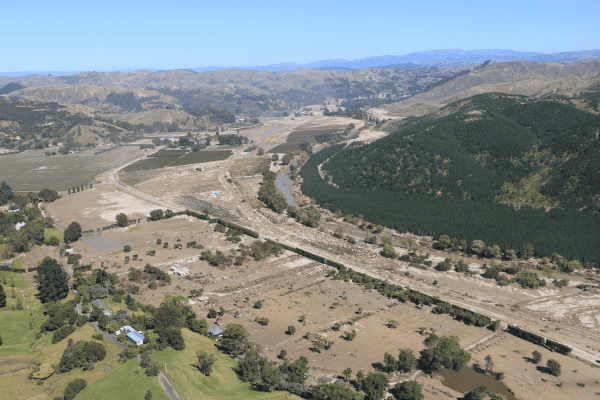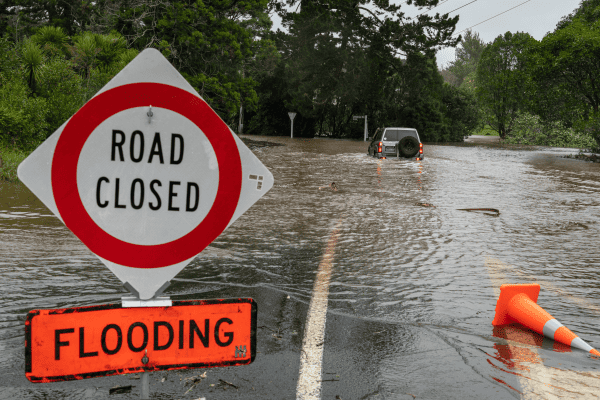Port Hills Fire experiences might help answer some burning questions
20/03/2018
By Lisa Langer
We live in a risky environment. New Zealand experiences wildfires, floods, landslides and earthquakes far too frequently.But are we aware of the risks, and how prepared are we to reduce their impact and cope with a disaster?
Natural disasters can’t be predicted, but events like wildfires are relatively numerous. The country experiences an average of around 4,100 small wildfires a year, and they have been having a greater effect on communities in recent years. In fact 16 homes were lost in rural fires throughout New Zealand during the 2016-2017 fire season, the greatest number lost in 100 years (AFAC, 2017).
With climate change likely to bring increasing temperatures and more severe drought conditions to drier areas of the country, more wildfires are expected. The communities that have been most affected by wildfire tend to be in the rural-urban interface – where towns and cities meet the rural landscape. As New Zealand’s population grows, and suburbia spreads, the line between urban and rural is blurring, exposing more people to new and greater wildfire risks.
Research is the key to understanding community awareness of rural fire risk. It can help to inform us of community preparations to minimise wildfires and their impacts, levels of household and community preparedness and how residents behave when faced by the need to evacuate.
The February 2017 Port Hills fire is one of the few large wildfires that has occurred at the edges of a large urban area in New Zealand. Nine houses were lost and about 1,500 residents, many of whom were living on small suburban properties that are not usually associated with rural fires, had to be evacuated.
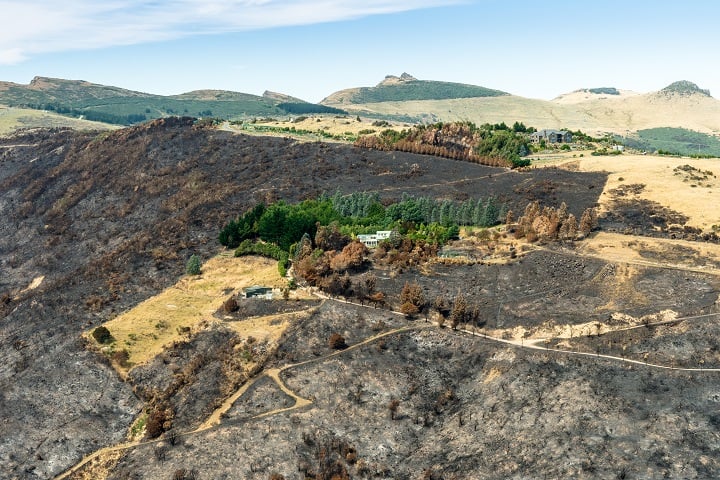
One year on from the devastating fire Lisa Langer, Scion senior scientist, who self-evacuated from the area during the fire, says we have a rare opportunity to examine the awareness of the risk of rural fire and the levels of preparedness in two subsets of the community – life style block owners and suburban dwellers.
“Working as part of the Resilience to Nature’s Challenges Rural Co-creation Laboratory, and with Fire and Emergency NZ fire managers, social scientists from Scion’s Rural Fire Research Group plan to interview people from fire-affected areas to see if their awareness of wildfire risk has changed since their wildfire experience, whether their experiences have affected the way they use fire now, and their preparedness for future wildfires.
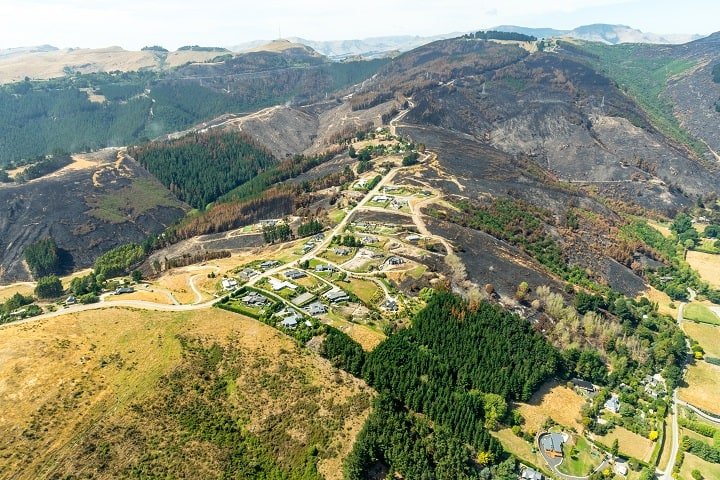
“The work will build on seven previous case studies Scion has carried out in fire affected rural and rural-urban interface communities over the last 15 years, and will help us provide a greater understanding of subsets within communities and recommend to fire managers how to prepare other communities for future wildfires and other natural disasters.”
Tragic and frightening as it was, the Port Hills fire will help our understanding of how people and communities experience disasters. This won’t stop the next, inevitable event, but as we apply learning and outcomes to enable agencies to foster and enhance resilient behaviours the next event may be less devastating.
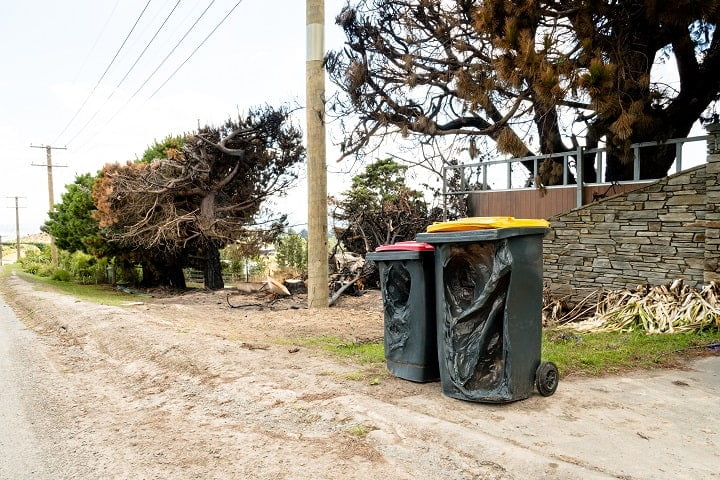
AFAC (2017). Independent operational review. A review of the management of the Port Hills fires in February 2017. Prepared for Fire and Emergency New Zealand, July 2017.https://fireandemergency.nz/assets/Documents/Files/AFAC-Port-Hills-Review.pdf
